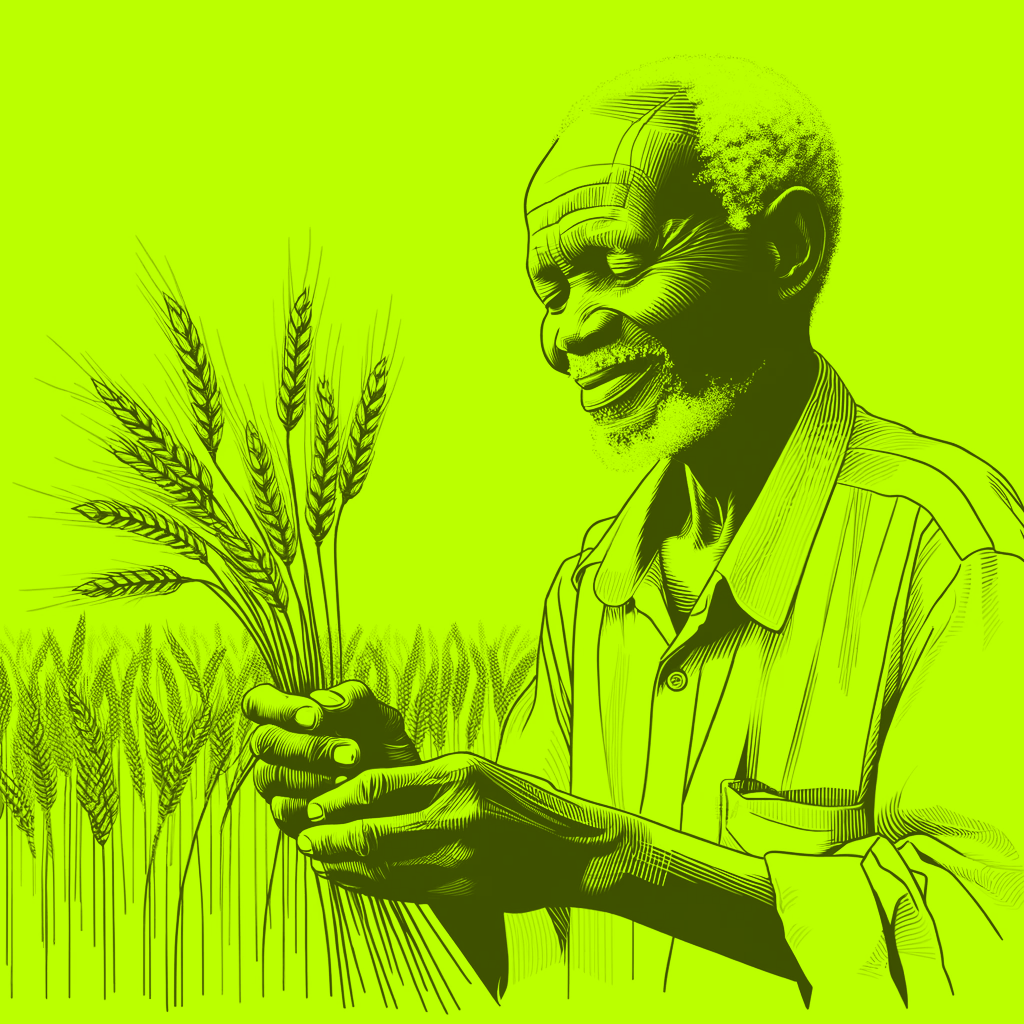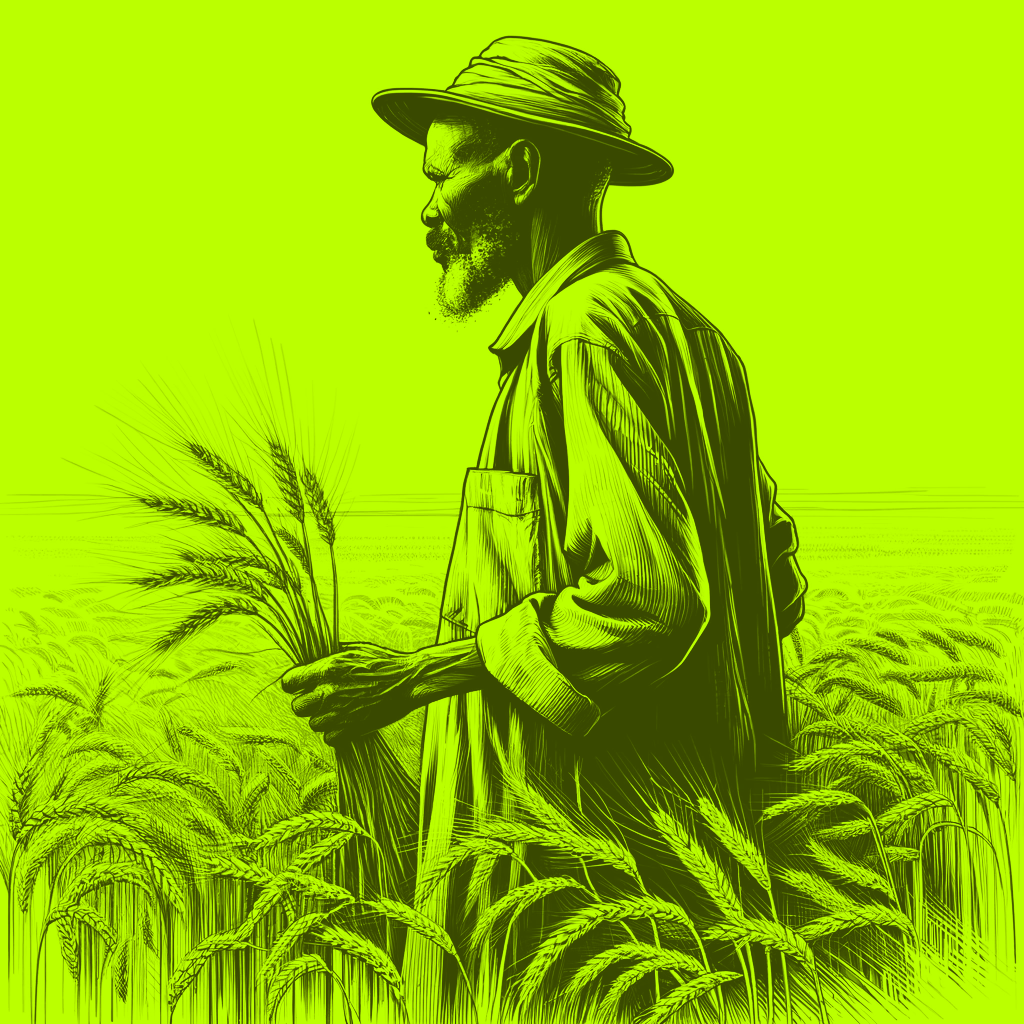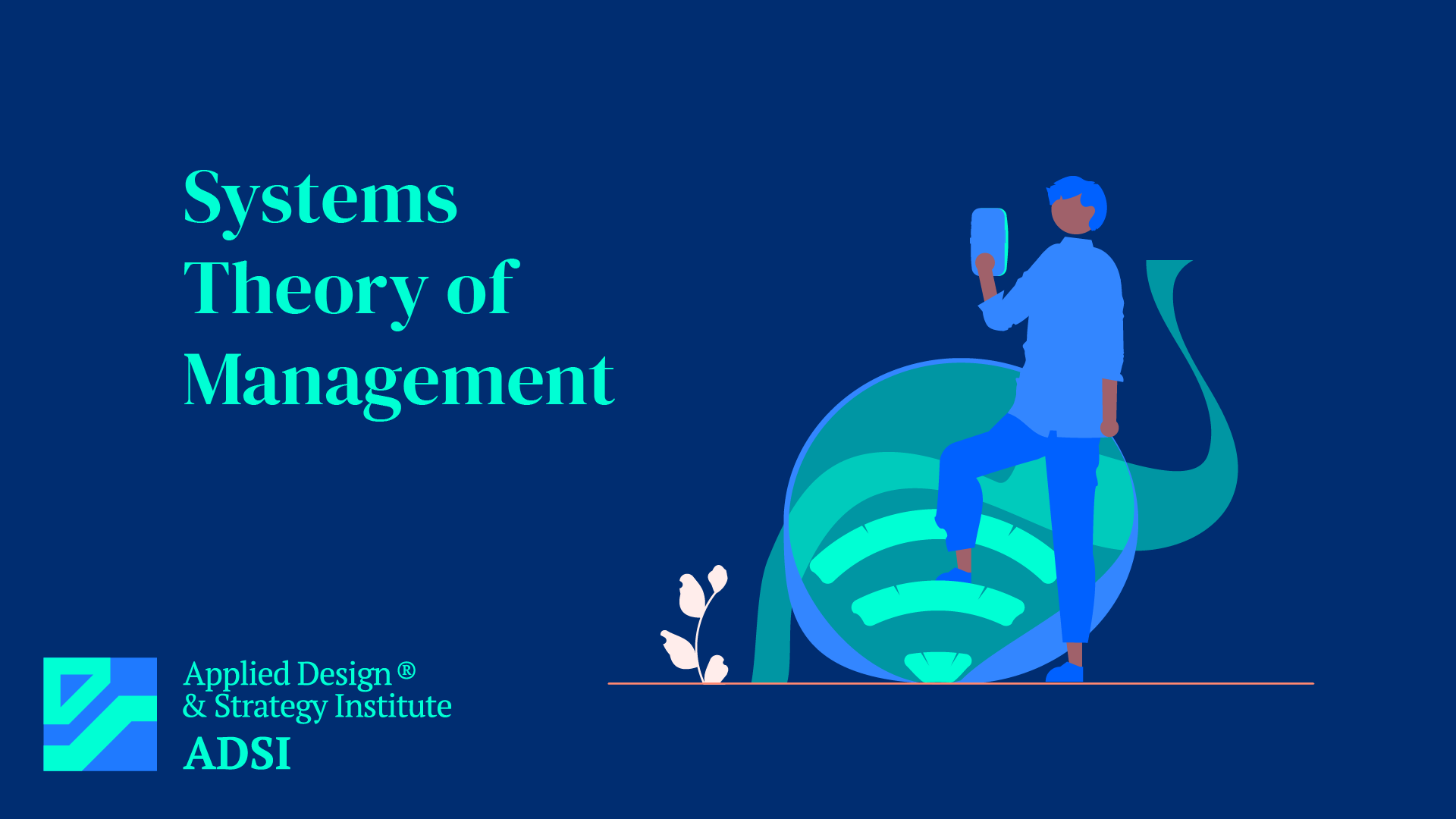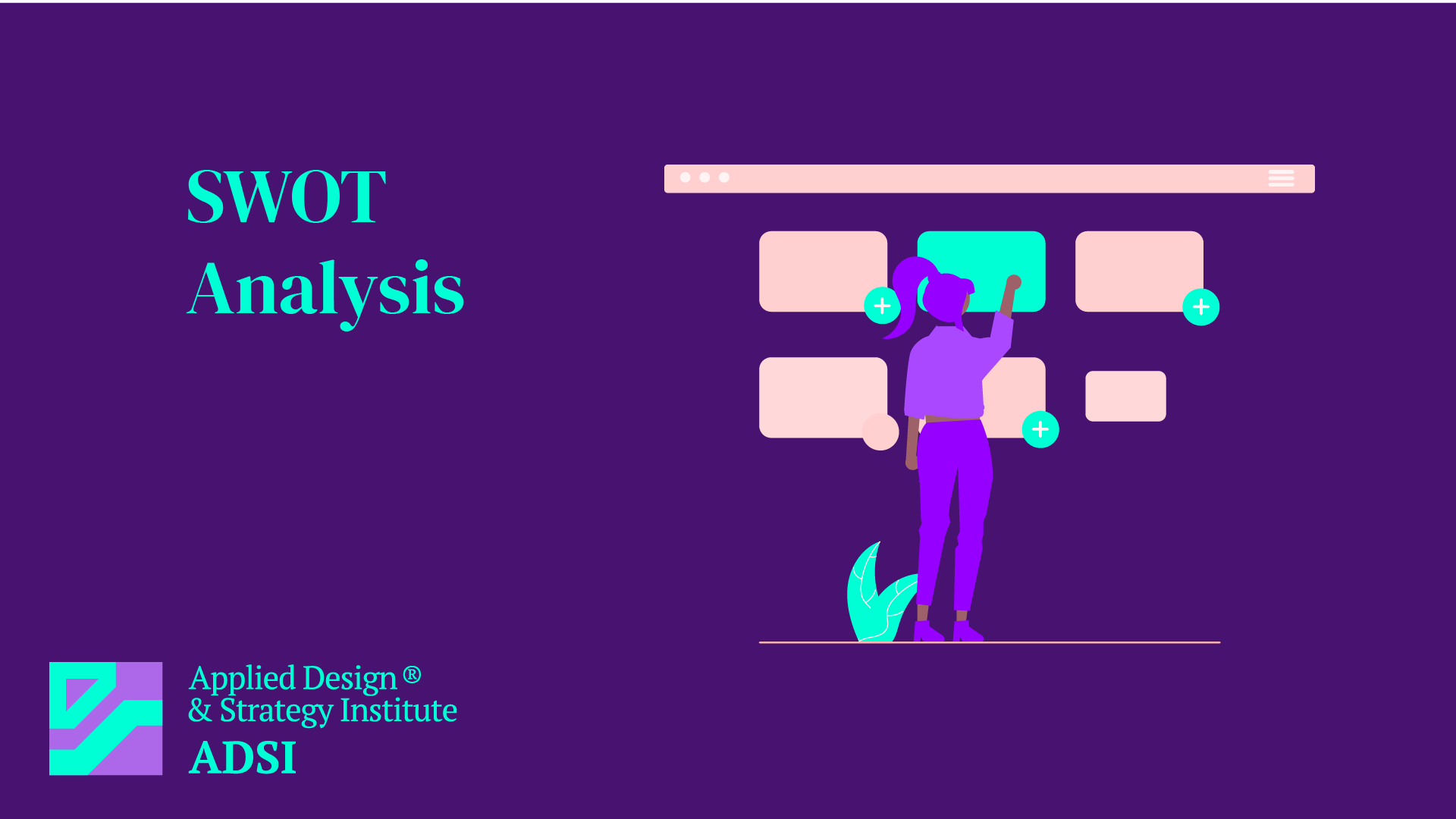Financial Inclusion in Africa: A Journey of Empowerment and Challenges
Financial inclusion in Africa, a concept that encompasses the accessibility and availability of financial services to all segments of society, has become increasingly pivotal for economic growth and poverty reduction. The landscape of financial inclusion in Africa is diverse and dynamic, reflecting both progress and ongoing chal
Unfolding Africa’s Digital Renaissance: The Dawn of a Transformative Era
Africa’s journey into the digital age is a story of resilience, innovation, and rapid transformation. From a historical perspective, the continent has made remarkable strides, transitioning from limited technological infrastructure to a burgeoning digital economy. This shift has been characterized by key milestones such as
Bridging the Digital Divide in Africa: Challenges and Pathways
Africa, a continent of immense diversity and potential, stands at the cusp of a digital revolution. However, the path to achieving digital inclusion is riddled with challenges that need urgent attention and innovative solutions. Infrastructure Limitations One of the most significant hurdles is the lack of reliable internet acces
Shifting Seasons, Uncertain Futures: The Impact of Climate Change on African Agriculture
Introduction Agriculture in Africa is central to the livelihoods and economies of countless communities. With its diverse landscapes, the continent heavily relies on farming for food, income, and employment. Yet, this essential sector faces a significant challenge due to the impacts of climate change. These changes are reshaping
Innovating Africa’s Farms: The New Wave of Startups
Introduction Agriculture is the cornerstone of Africa’s economy, crucial for the livelihoods of many. However, as the demand for food grows, this sector faces a pivotal challenge: scaling effectively. Enter a new generation of tech startups, stepping in with practical, tech-savvy solutions to reshape traditional farming pr
Nurturing Human Capital: Key to Africa’s Sustainable Development
Human capital development in Africa is a critical pathway to unlocking the continent’s potential and achieving sustainable development. The Essence of Human Capital in Africa Human capital in Africa encompasses the collective skills, knowledge, and health of its people, forming the backbone of its socio-economic developmen
Investing in Human Capital for Sustainable Development in the Global South
In the Global South, the development of human capital is crucial for sustainable growth and societal advancement. This article takes a closer look at this vital topic, grounded in specific data and real-world examples. Defining Human Capital in Context Human capital encompasses the health, education, skills, and knowledge of a p
Thought Leadership
Introduction Thought leadership is a strategy or methodology used by individuals or organizations to position themselves as experts and visionaries in their respective fields. It involves sharing insights, ideas, and expertise to influence and inspire others. Thought leadership is not just about being knowledgeable; it’s a
Systems Theory of Management
Introduction Systems Theory of Management is a holistic approach to understanding and managing organizations. It views an organization as a system, a set of interrelated and interdependent parts forming a complex and unified whole. This theory emphasizes the relationships between the organization and its environment and among th
SWOT Analysis
Introduction SWOT Analysis is a strategic planning tool used to evaluate the Strengths, Weaknesses, Opportunities, and Threats involved in a project or a business venture. It provides a straightforward framework for analyzing a company’s internal capabilities (strengths and weaknesses) and external possibilities (opportuni











